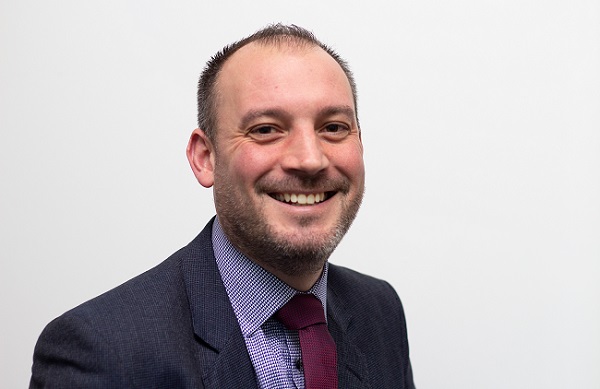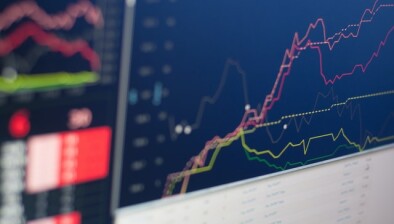UK GDP grew by 0.5% in May but spiralling living costs present “uncertain forecast”

Kevin Brown
Gross domestic product (GDP) grew by 0.5% in May 2022, according to the latest figures published by the Office for National Statistics (ONS).
However, “spiralling living costs”, sharp rises in inflation and further interest rate rises on the horizon “present an uncertain forecast for people and policymakers trying to navigate a way through”, according to Kevin Brown, savings specialist at Scottish Friendly.
GDP grew in May after a decline of 0.2% in April, UK GDP increased by 0.4% in the three months to May 2022, and by 3.5% in the 12 months to May 2022.
According to the ONS, Services output grew by 0.4% in May as human health and social work activities grew by 2.1%, mainly because of a large rise in GP appointments, which offset the continued scaling down of the NHS Test and Trace and COVID-19 Vaccination Programmes.
Output in consumer-facing services fell by 0.1% in May, driven by a 0.5% fall in retail trade, and non-consumer facing services grew by 0.5% over the month, following a fall of 0.8% in April.
At the same time, production grew by 0.9% in May, driven by growth of 1.4% in manufacturing and 0.3% in electricity, gas, steam and air conditioning supply. Construction grew by 1.5% in, following 0.3% growth in April. This is construction’s seventh consecutive month of growth.
Mr Brown said the reported growth of 0.5% is a “pleasant surprise”, adding that policymakers will be pleased to see one of the dials on the UK’s economic dashboard pointing in a positive direction.
However, he added: “Wages are increasing, but not by enough, and inevitably people will be forced to make tough decisions about household budgets. Some will have savings and will turn to that buffer to help make ends meet.
“However, for others already buffeted by swirling economic winds they may find that their only option will be to drastically reduce expenditure which could lead to a wider economic slowdown.”
Martin Beck, chief economic advisor to the EY ITEM Club, said that the return to growth in May is “likely to prove short-lived.”
He said: “Just as the loss of a public holiday supported growth in May, shifting the day off to the following month, plus the Platinum Jubilee bank holiday itself, will have weighed on economic output in June. Combined with the weak start to Q2, it’s very likely that GDP shrank in the second quarter. But with Q3 having a full complement of working days, the economy should, this year, avoid the two successive quarterly falls which define a technical recession.
“However, in many respects, the economy will still feel recessionary, with consumers facing a significant and prolonged fall in real incomes, while unemployment is likely to tick up. Recent increases in gas and electricity futures prices point to an even larger rise in the energy price cap in October.”
He concluded: “Consequently, the EY ITEM Club now thinks CPI inflation could peak at around 11% this autumn. Higher inflation, more aggressive monetary policy, and a weakening global backdrop also point to a deteriorating growth outlook. We will set out our views in more detail in the forthcoming EY ITEM Club summer forecast.”
Ian Stewart, chief economist at Deloitte, commented: “GDP monthly estimate data is notoriously unpredictable, and May’s bounce of 0.5% partly reflects a surge in GP appointments which tell us little about the underlying state of the economy. With real incomes withering as prices rise, we expect a marked cooling in the pace of GDP growth through the summer and into the end of the year.”







